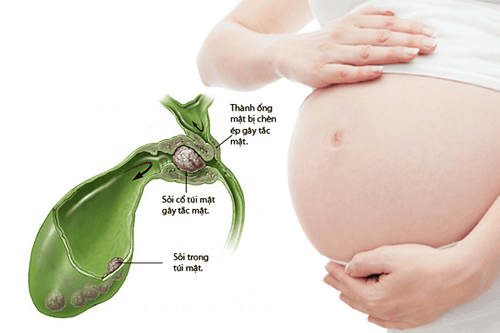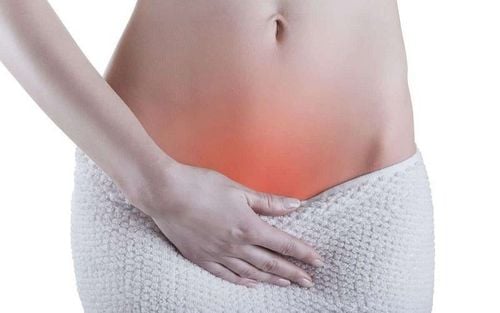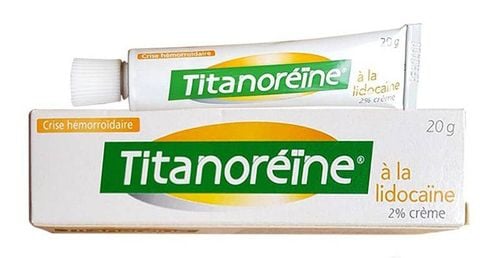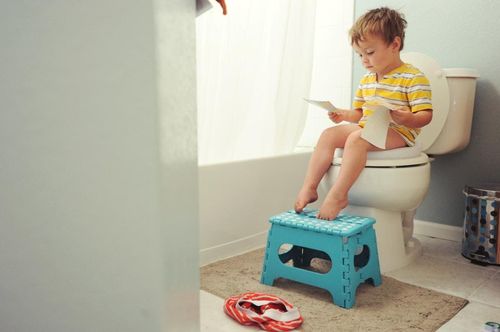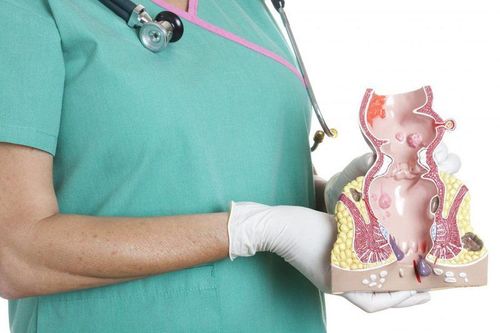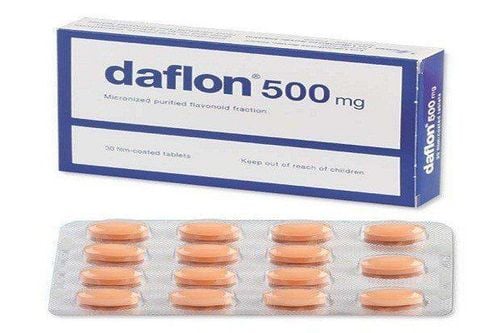Hemorrhoids are swollen veins in the lower rectum. While they often subside on their own or are treatable with over-the-counter products, infected hemorrhoids in rare cases can lead to serious complications. This condition requires immediate medical attention.
1. What causes infected hemorrhoids?
In certain cases, specific types of hemorrhoids or their treatments can lead to infections.
Infected hemorrhoids occur when healthy blood flow to the rectal area is restricted. Healthy blood flow ensures a steady supply of white blood cells and certain proteins that are part of the immune system, reducing the risk of infection.
Internal hemorrhoids rarely become infected. These hemorrhoids form inside the rectum, above the dentate line, which is part of the large intestine ending at the anus. Occasionally, an internal hemorrhoid may protrude from the rectum, a condition known as prolapsed internal hemorrhoid.
A prolapsed internal hemorrhoid can often be gently pushed back into the rectal wall but is more prone to infection than other types.
This increased risk arises because blood flow to the vein may be cut off, a condition called thrombosed internal hemorrhoid. Without nutrients, oxygen, and immune cells supplied by blood, infection can develop quickly.
You may be at a higher risk for strangulated, thrombosed, and subsequently infected hemorrhoids if you have a condition that reduces blood circulation to the rectum. These conditions include:
- Diabetes
- Crohn's disease
- Obesity
- Atherosclerosis (narrowing of the arteries)
- Blood clots can also be a risk factor for hemorrhoidal infections.
Additionally, having HIV or another condition that weakens the immune system can increase the risk of infected hemorrhoids.
Infections may also develop after hemorrhoid treatment procedures, particularly rubber band ligation, which can sometimes lead to complications.
2. What are the symptoms of infected hemorrhoids?
Symptoms of infected hemorrhoids include:
- Blood in the stool
- Swelling around the anus
- Itching in and around the anus
- Pain, especially when sitting or straining during bowel movements
- A lump under the skin around the anus
Infections may also present other symptoms. Signs of infection include:
- Fever
- Worsening pain, even after standard hemorrhoid treatment
- Redness around the anus, especially near the site of infection
If you suspect your hemorrhoids have become infected, consult a doctor promptly for timely treatment. Left untreated, the infection can lead to serious complications such as peritonitis or pelvic inflammatory disease. These are life-threatening conditions that involve infection of the abdominal lining and internal organs.
3. Diagnosis of Infected Hemorrhoids
To diagnose infected hemorrhoids, your doctor will review your medical history and current symptoms. Signs like fever may assist in the diagnosis.
A physical examination will also be conducted to identify visible signs of infection, such as redness around the hemorrhoid. If you have a prolapsed internal hemorrhoid, the doctor may decide to remove it to prevent infection.
Additional tests may include:
- Blood tests
- Urinalysis
- X-rays
4. Treatment for Infected Hemorrhoids
Antibiotics are the primary treatment for infected hemorrhoids or infected tissues resulting from hemorrhoid removal procedures.
Antibiotics prescribed for conditions like peritonitis include cefepime (Maxipime) and imipenem (Primaxin). The specific antibiotic will depend on the severity of the infection, the common bacterial strains in your region, and any allergies or sensitivities you may have.
In severe cases, surgery may be required to remove the infected tissue around the hemorrhoid or in the abdomen (if the infection has spread). This process, known as debridement, helps the body recover from the infection.
In addition to antibiotics and possible surgical procedures, home remedies can help alleviate symptoms:
- Applying ice packs or cold compresses around the anal area
- Taking over-the-counter pain relievers like acetaminophen (Tylenol) or ibuprofen (Advil)
- Using medicated pads containing anesthetics
Dietary adjustments may also ease bowel movements, reducing strain. A diet rich in fiber—including fruits, vegetables, and whole grains—can soften stools. However, always consult your doctor before attempting any home treatments.
5. Preventing Infected Hemorrhoids
To prevent infected hemorrhoids, consider the following:
- Avoid developing any type of hemorrhoids.
- Maintain a high-fiber diet (20–35 grams per day) and drink plenty of water.
- Keep a healthy weight.
- Avoid prolonged sitting.
- Exercise regularly, including aerobic activities like brisk walking, tennis, or dancing.
- Respond promptly to the urge to defecate, as delaying bowel movements can make stools harder to pass.
- Seek medical attention at the onset of hemorrhoid-related symptoms.
In summary, the severity of the infection determines recovery time and whether treatment involves more than just antibiotics. If you have a personal or family history of hemorrhoids, you may be more likely to develop them in the future. However, having an infected hemorrhoid once does not necessarily increase the risk of future infections. It is crucial to monitor symptoms closely and seek early treatment.
To arrange an appointment, please call HOTLINE or make your reservation directly HERE. You may also download the MyVinmec app to schedule appointments faster and manage your reservations more conveniently.
References:Jindal A, et al. (2015). A randomized open label study of “imipenem vs. cafepime” in spontaneous bacterial peritonitis. ncbi.nlm.nih.gov/pubmed/26474358 Mayo Clinic Staff. (2018). Hemorrhoids. mayoclinic.org/diseases-conditions/hemorrhoids/diagnosis-treatment/drc-20360280 Mayo Clinic Staff. (2018). Peritonitis. mayoclinic.org/diseases-conditions/peritonitis/diagnosis-treatment/drc-20376250 Muldoon R. (2018). Hemorrhoids: Expanded version. fascrs.org/patients/disease-condition/hemorrhoids-expanded-version Zutshi M. (2018). 5 simple ways you can prevent hemorrhoids. health.clevelandclinic.org/5-simple-ways-you-can-prevent-hemorrhoids/





